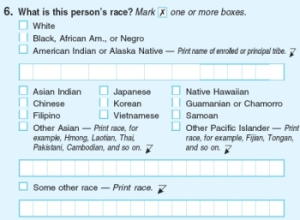This Day in Legal History—September 28, 1918
 On September 28, 1918, outside of the French village of Marcoing, British Private Henry Tandley of the 5th Duke of Wellington Regiment came across an escaping wounded German soldier. The encounter took place near the end of the British capture of the village, and thus the military situation, though winding down, was still very much rife with hostilities. The soldier was presumably armed and posed a potential threat to Private Tandley and his fellow infantrymen.
On September 28, 1918, outside of the French village of Marcoing, British Private Henry Tandley of the 5th Duke of Wellington Regiment came across an escaping wounded German soldier. The encounter took place near the end of the British capture of the village, and thus the military situation, though winding down, was still very much rife with hostilities. The soldier was presumably armed and posed a potential threat to Private Tandley and his fellow infantrymen.
Private Tandley was presented at that moment with a serious ethical question: shoot preemptively in self-defense, not knowing the capability of the German soldier or the extent to which other German soldiers were present, or spare the soldier’s life and let him return to his unit, either to survive or to die in the arms of his own comrades. Private Tandley did not then know that an armistice with Germany would come within a matter of weeks, nor did he know whether the soldier had a wife and children to whom he might return after the war. He knew nothing of this German soldier other than that he was another human being who was injured.
Private Tandley decided to spare the soldier’s life, and the soldier continued on his way, apparently nodding to Tandley in appreciation.
This story is presented in here because, if Tandley’s account is correct, his decision to spare the life of this German soldier changed the course of the 20th century, with vast consequences not only for the law but also for every other aspect of culture and society across much of the world.


